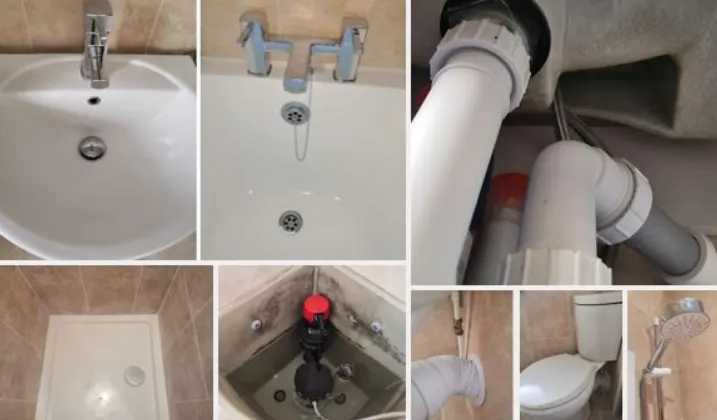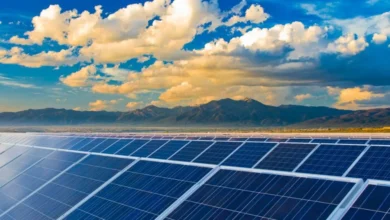Diving Deep: Uncovering the Root Causes of Water Damage

Water damage is a pervasive issue that can wreak havoc on homes, businesses, and properties of all kinds. From minor leaks to catastrophic floods, water damage can lead to structural damage, mold growth, and costly repairs. Understanding the root causes of water damage is essential for prevention and mitigation efforts. In this article, we will dive deep into the various factors that contribute to water damage, from plumbing problems to natural disasters.
Contents
Faulty Plumbing:
One of the most common causes of water damage in both residential and commercial buildings is faulty plumbing. Leaky pipes, burst pipes, and dripping faucets can result in water accumulation and seepage into walls, floors, and ceilings. Over time, these small leaks can escalate into significant water damage if left unchecked. Regular inspections and maintenance of plumbing systems can help identify and address potential issues before they escalate.
Poor Drainage:
Inadequate drainage around the exterior of a building can also contribute to water damage. When rainwater is not properly diverted away from the foundation, it can seep into basements and crawl spaces, causing moisture buildup and structural damage. Clogged gutters, improper grading, and lack of proper drainage systems can exacerbate the problem. Ensuring proper drainage through the installation of gutters, downspouts, and French drains can help prevent water damage.
Roof Leaks:
Roof leaks are another common cause of water damage, especially in regions prone to heavy rainfall or snowfall. Damaged or missing shingles, deteriorated flashing, and aging roofing materials can compromise the integrity of the roof, allowing water to infiltrate into the attic and interior spaces. Regular roof inspections and prompt repairs can help identify and address potential issues before they lead to water damage.
Appliance Malfunctions:
Household appliances such as washing machines, dishwashers, and water heaters can malfunction and cause water damage if not properly maintained. Leaking hoses, faulty seals, and aging components can result in water leaks that damage floors, walls, and nearby furnishings. Regular maintenance and inspection of appliances, including checking hoses and connections for signs of wear and tear, can help prevent appliance-related water damage.
Natural Disasters:
Natural disasters such as floods, hurricanes, and storms can cause widespread water damage to properties. Heavy rainfall, storm surges, and rising water levels can overwhelm drainage systems and cause rivers, lakes, and streams to overflow their banks. Floodwaters can penetrate buildings and cause extensive damage to structures, belongings, and electrical systems. While it may be impossible to prevent natural disasters, implementing flood-resistant building techniques and investing in flood insurance can help mitigate the impact of water damage.
HVAC System Issues:
Heating, ventilation, and air conditioning (HVAC) systems can also contribute to water damage if not properly maintained. Clogged condensate lines, malfunctioning pumps, and leaking ductwork can result in water accumulation and mold growth within HVAC systems. Regular inspection and maintenance of HVAC systems, including cleaning and clearing condensate lines, can help prevent water damage.
Improper Home Construction:
Poor construction practices, such as inadequate waterproofing and improper sealing, can make buildings susceptible to water damage. Improperly installed windows, doors, and siding allow water to infiltrate the structure, leading to moisture buildup and mold growth. Investing in quality construction and ensuring proper waterproofing measures during construction or renovation can help mitigate the risk of water damage.
In Conclusion
Water damage poses significant risks to both residential and commercial properties, often resulting in expensive repairs and health concerns like mold infestation. Property owners in Ft. Lauderdale should also consider the importance of water damage insurance claims. By grasping the underlying causes of water damage and proactively taking preventive actions, property owners can safeguard their investments and reduce the likelihood of water-related catastrophes.
Whether it’s resolving plumbing issues, enhancing drainage systems, or adopting flood-resistant construction methods, these proactive measures play a crucial role in fortifying properties against water damage, ensuring their longevity and integrity over time.



